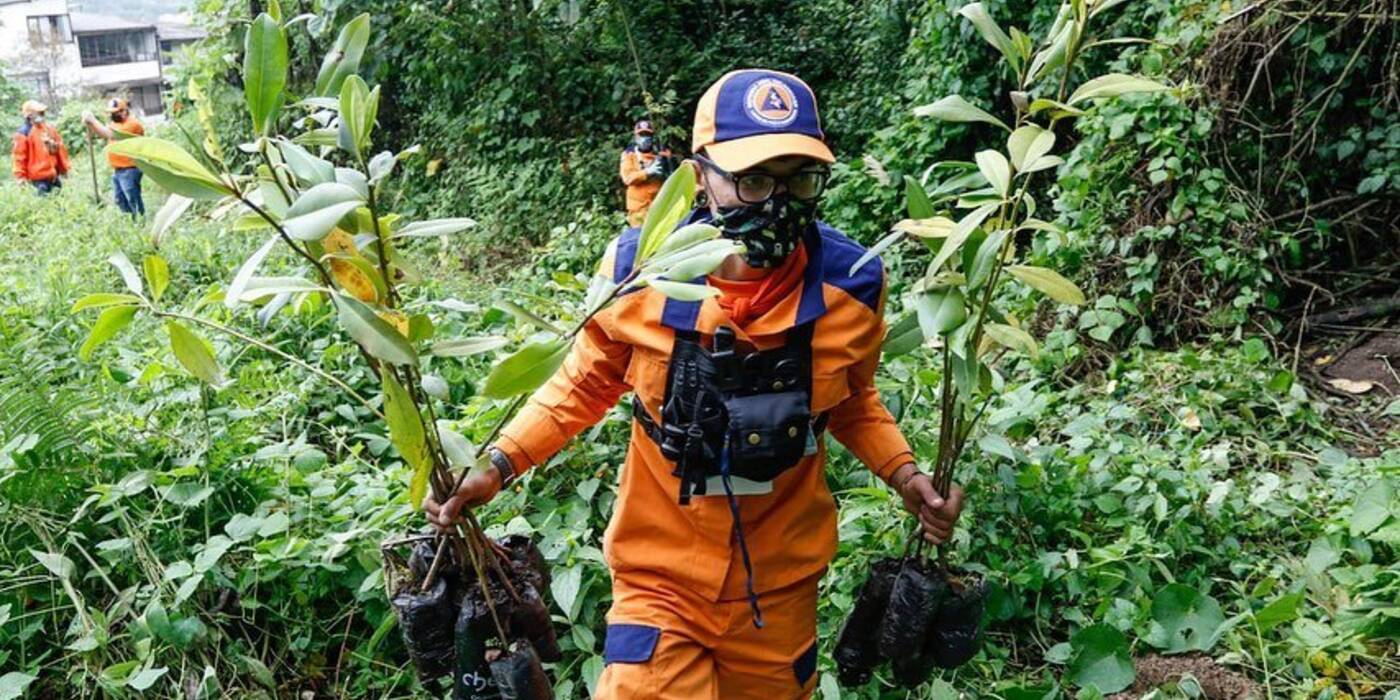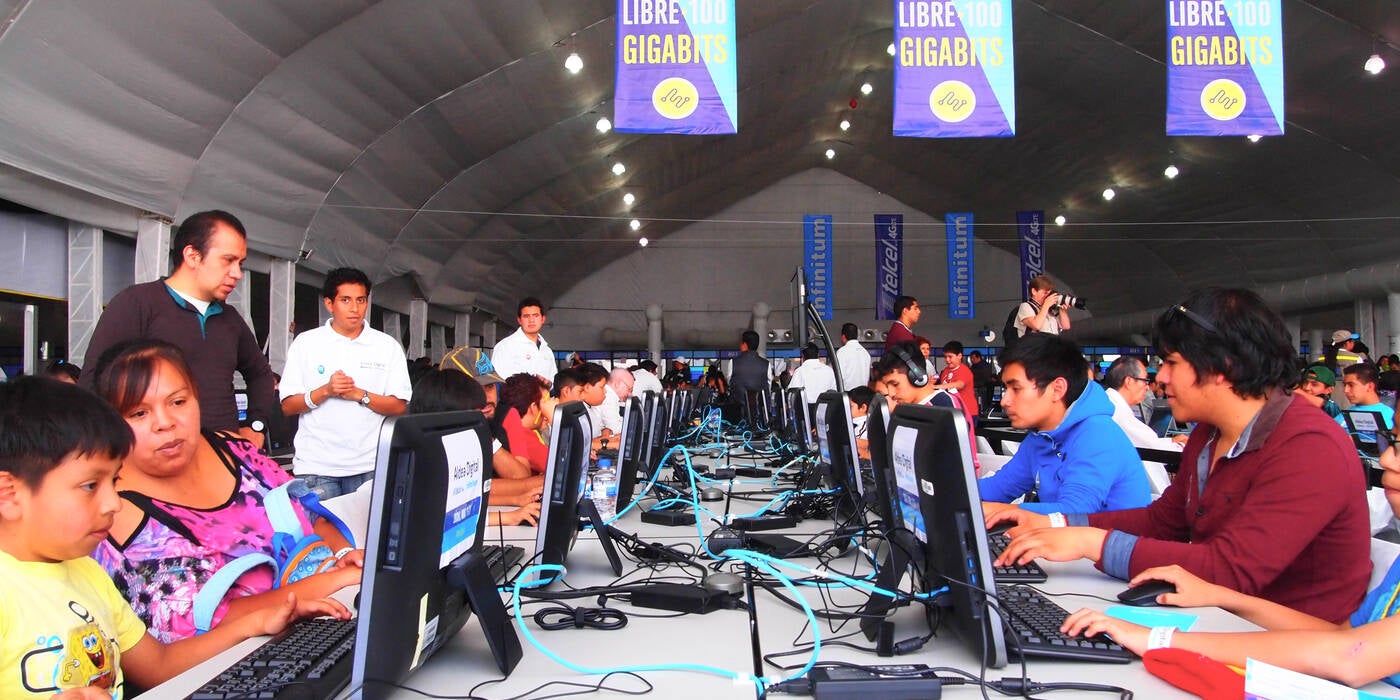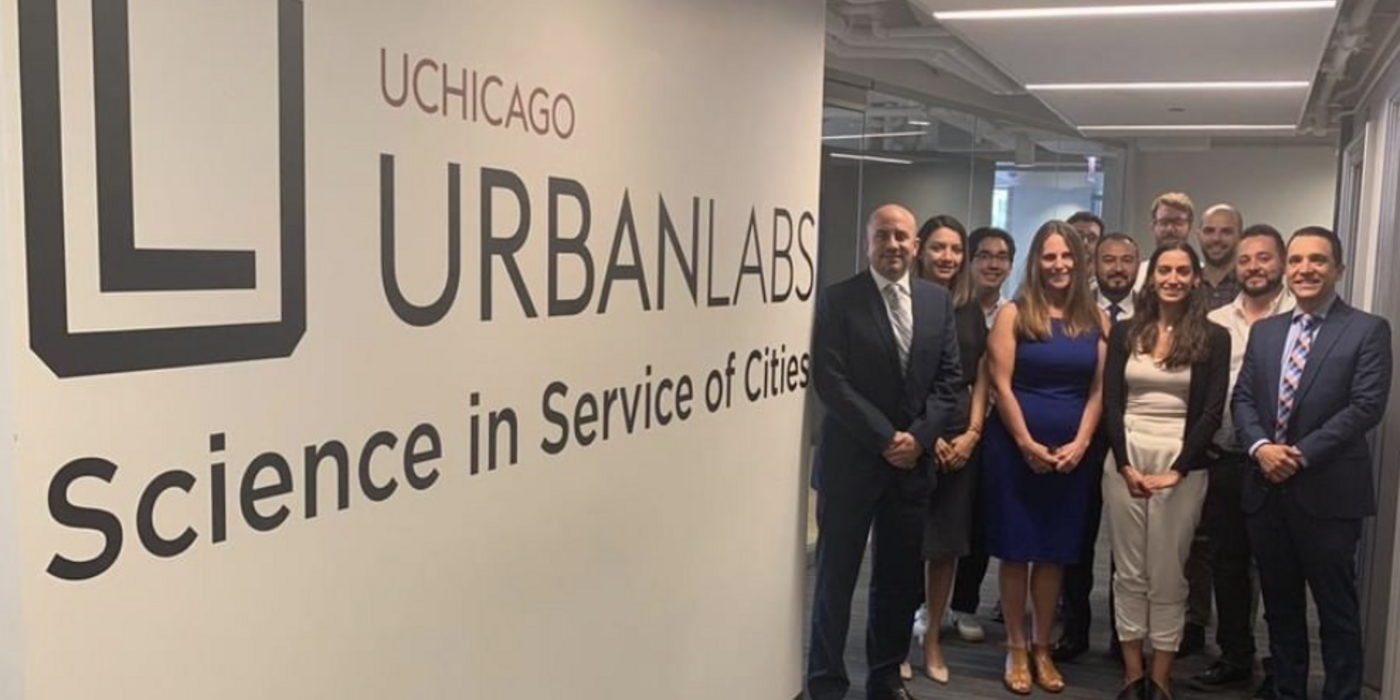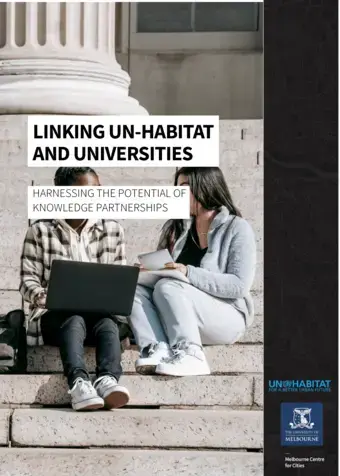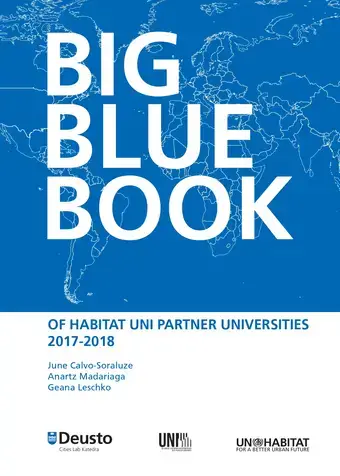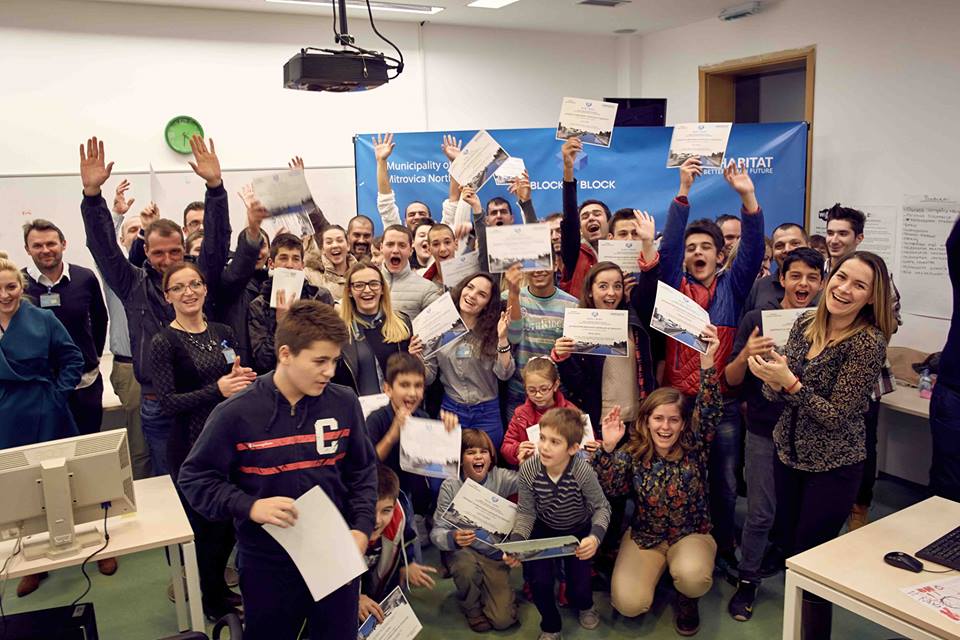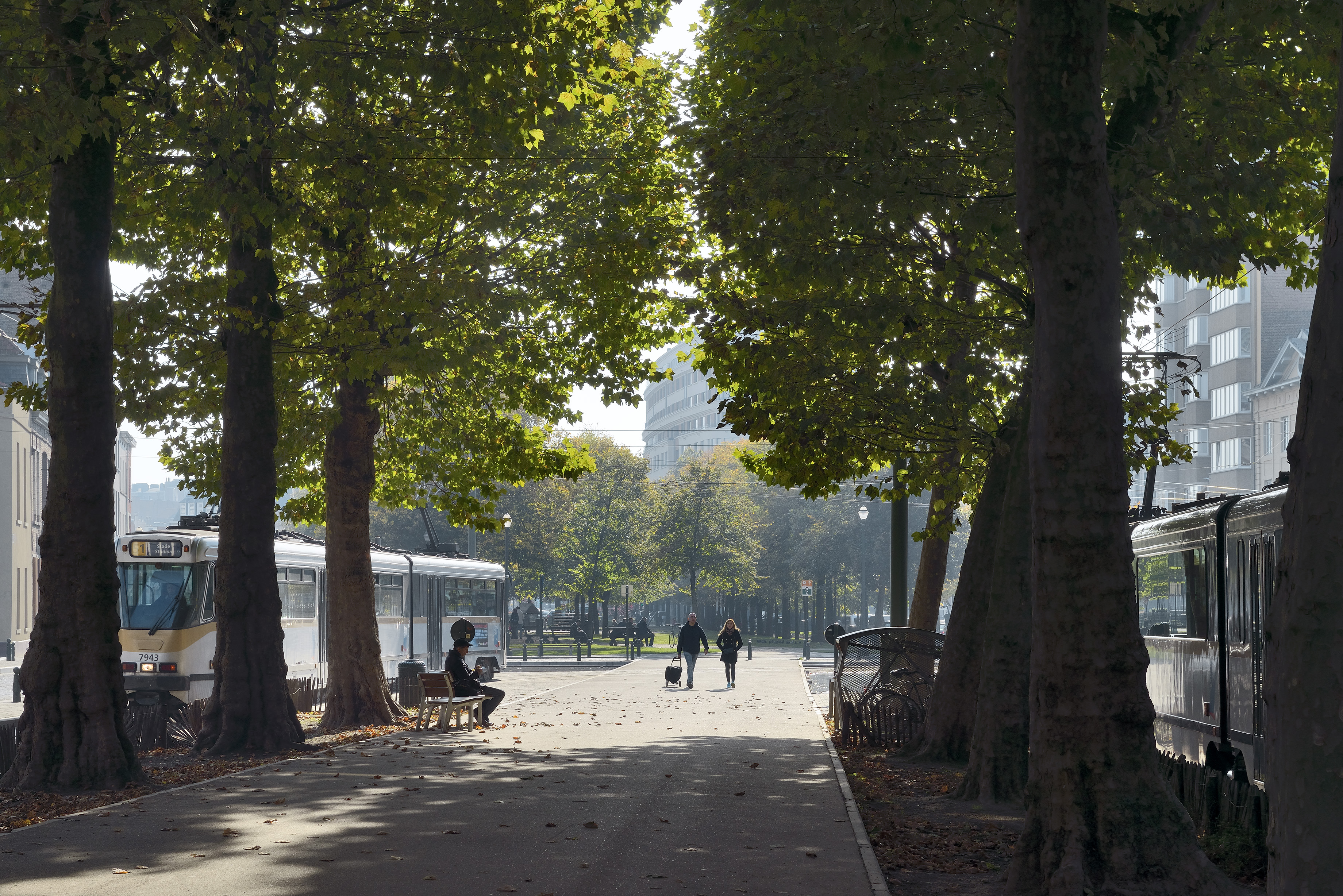1000+
Individual members8
Hubs143
institutional partners63
Global Urban Lectures-
Habitat UNI is a medium for exchange of ideas and expertise. Being a member of UNI is an opportunity to meet and collaborate with academics and researchers globally within the multidisciplinary field of sustainable cities.
-
Habitat UNI is a key connection between UN-Habitat’s staff and leadership, and tertiary education staff across the globe. Membership positions scholars to get the latest information about Habitat’s current policies and programs and opens pathways for influencing future policies through research and consultation. UNI membership is essential to currency in education and research for sustainable development.
-
Habitat UNI is a global platform for debate on cutting edge research and practice, enabling leading academics and UN-Habitat to generate new knowledge that reduces spatial inequalities and promotes economic inclusion, climate action and effective crisis response, in order to foster sustainable urbanisation
News
Highlighted publications
Global Urban Lectures
UN-Habitat's Global Urban Lectures are a free resource of bite-sized video lectures on themes related to sustainable urbanization open to use for academic, professional or personal purposes
Lecture of the week
Highlighted Projects



